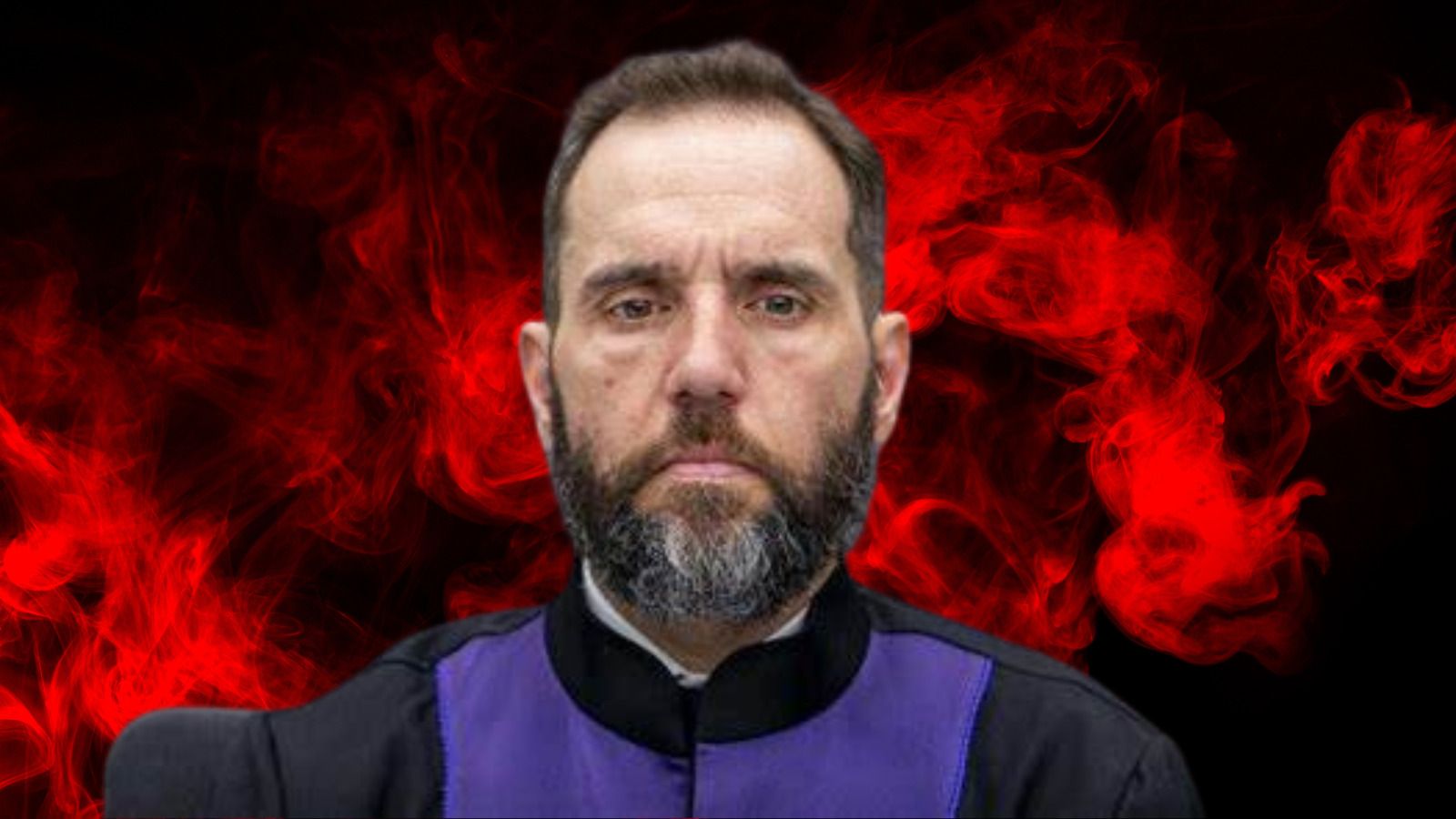Arguments in U.S. District Court: Jack Smith Appointment as Special Counsel Unconstitutional https://t.co/NRXbDwhz6S via @BreitbartNews
— paul j fausz jr (@Redjoe60) June 22, 2024
CBS News reports:
Special counsel Jack Smith and attorneys for former President Donald Trump were back in a Florida federal courtroom Friday to kick off three days of hearings to grapple with, among other issues, whether Smith should even be allowed to prosecute Trump.
The former president challenged the appointment and funding of the special counsel and argued in filings in February that Smith “lacks the authority to prosecute this action.” Trump’s legal team employed a legal theory that has been rejected by other federal courts in attempts to oppose other independent Justice Department probes. Trump’s attorneys say Attorney General Merrick Garland lacked the constitutional authority to appoint Smith, arguing that a special counsel must be appointed by the president and approved by the Senate.
In court Friday, the government warned of pernicious consequences if Trump’s view is accepted, including that there would be other officers at the Justice Department who would no longer have the authority to tackle critical work.
During the hearing, U.S. District Judge Aileen Cannon appeared somewhat skeptical of Trump’s argument that Smith’s appointment was unlawful.
At one point, Trump attorney Emil Bove implied that the attorney general’s appointment of the special counsel risked creating a “shadow government.” Cannon replied, “That sounds very ominous, shadow government, but what do you really mean?” She asked, “Is that really a realistic risk when you have well-defined regulations?”
Later in the day during rebuttals, Bove said that the attorney general should show proof of oversight and compliance. Smith’s attorney, James Pearce asserted, ” We are in compliance.” He said prosecutors were “following the rules and regulations of the Justice Department.”
“We, the special counsel, have complied,” said Pearce.
Cannon then asked, “To what extent has there been oversight by the attorney general?” Pearce affirmed that there had been oversight but declined to provide more details.
ADVERTISEMENT“Why would there be any heartburn to answer whether the attorney general signed off on the indictment,” Cannon asked.
The parties spent much of the day delving into statutes and debating whether or not they conferred the proper authority, in particular 28 U.S.C. section 533-1, which says that “[t]he Attorney General may appoint officials—(1) to detect and prosecute crimes against the United States.”
Trump’s legal team said there were “strong arguments that this does not confer the authority at issue here,” pointing to the section “refers to officials, not officers,” and said it was a “critical distinction.” Bove argued that Smith is an officer, and the statute “does not provide for appointment of an officer.”
Bove argued that Smith is a principal officer, whose appointment requires Senate approval, while the special counsel team and Seligman argued that he is an “inferior officer” who would not require Senate confirmation.
At one point, Cannon said, “I want to make sure we are very precise with our terminology.”
Smith’s team emphasized that “precedent, text, history and consequences” support its argument that Smith was lawfully appointed as special counsel. There is a “nearly 60-year history of use of special prosecutors,” his team argued, noting the precedent of U.S. v. Nixon, a case that found that a president’s executive privilege was not absolutely immune from judicial review. It required President Nixon to comply with a subpoena for tapes and documents.
Merrick Garland admitted to Congress that Jack Smith wasn't appointed and was not approved by the Senate
Classified docs were staged and Jack Smith knew they were fake, this case must be dismissed w-o prejudice, so they don't try and revisit it pic.twitter.com/D189H9YUvN
— Chicago1Ray 🇺🇸 (@Chicago1Ray) June 21, 2024
Liberals aren’t happy about this.
Is Aileen Cannon Seriously Going to Shut Jack Smith Down?
HOW THE FUCK CAN WE AMERICANS PIT UP WITH THIS AILEEN CANNON/ALITO/THOMAS OUTRIGHT CORRUPTION?!?!? https://t.co/L4eFIncGAl
— Blue War Room (@CallingBS6) June 22, 2024
They’re pining all their hope on Smith.
This is too funny.
I believe and trust Jack Smith.
He is going to undermine Aileen Cannon. https://t.co/JlNJNdopKL— Felix Cheng (@514darkcholate) June 22, 2024




Join the conversation!
Please share your thoughts about this article below. We value your opinions, and would love to see you add to the discussion!